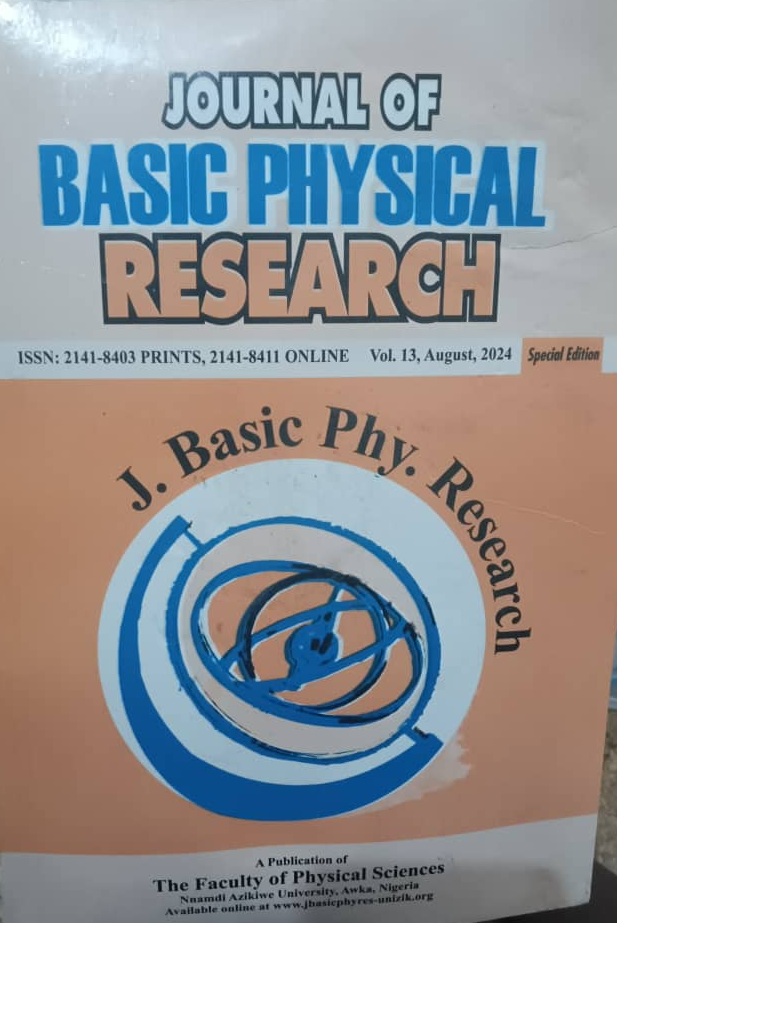HARNESSING THE POTENTIALS OF MACHINE LEARNING ALGORITHMS IN INFORMATION TECHNOLOGY FOR PREDICTIVE HEALTHCARE ANALYTICS
Keywords:
Healthcare; Machine Learning; Information Technology; Prediction; Data acquisition.Abstract
This research investigates the fundamental human right to access high-quality healthcare by leveraging machine learning algorithms within information technology systems for predictive healthcare analytics. Specifically, it focuses on utilizing healthcare data to accurately predict disease risks, overcoming the challenges posed by incompatible IT systems. By delving into various aspects of machine learning processes, including data acquisition, preprocessing, model selection, and evaluation within the context of chronic disease prediction—diabetes in this instance—the study demonstrates the potential of integrating machine learning algorithms into information technology to enhance clinical decision-making, optimize operational efficiency, and improve patient outcomes. The methodology employed follows the Feature-Driven Development (FDD) approach, a subset of Agile Methodology, an approach that guides the development process. A Stack Ensemble Technique, combining multiple machine learning models, is employed for enhanced predictive accuracy. The Logistic Regression model achieved an accuracy of 74.54%, a precision of 74.56%, a recall of 74.54%, and an F1-score of 74.53%. The Decision Tree model attained an accuracy of 66.61%, a precision of 66.63%, a recall of 66.61%, and an F1-score of 66.6%. The Random Forest model demonstrated superior performance with an accuracy of 79.76%, a precision of 79.85%, a recall of 79.76%, and an F1-score of 79.75%. Furthermore, Receiver Operating Characteristic (ROC) and Precision-Recall (PR) curves were employed for comprehensive evaluation. This research underscores the significant potential of integrating machine learning and IT systems to enhance healthcare delivery. By effectively predicting disease risks, optimizing resource allocation, and improving clinical decision-making, this approach contributes to a more efficient and effective healthcare system. The findings from this study provide a foundation for future research to explore the effectiveness of other ensemble techniques, incorporate additional features, and delve into interpretability methods to gain deeper insights into the model's decision-making process.


